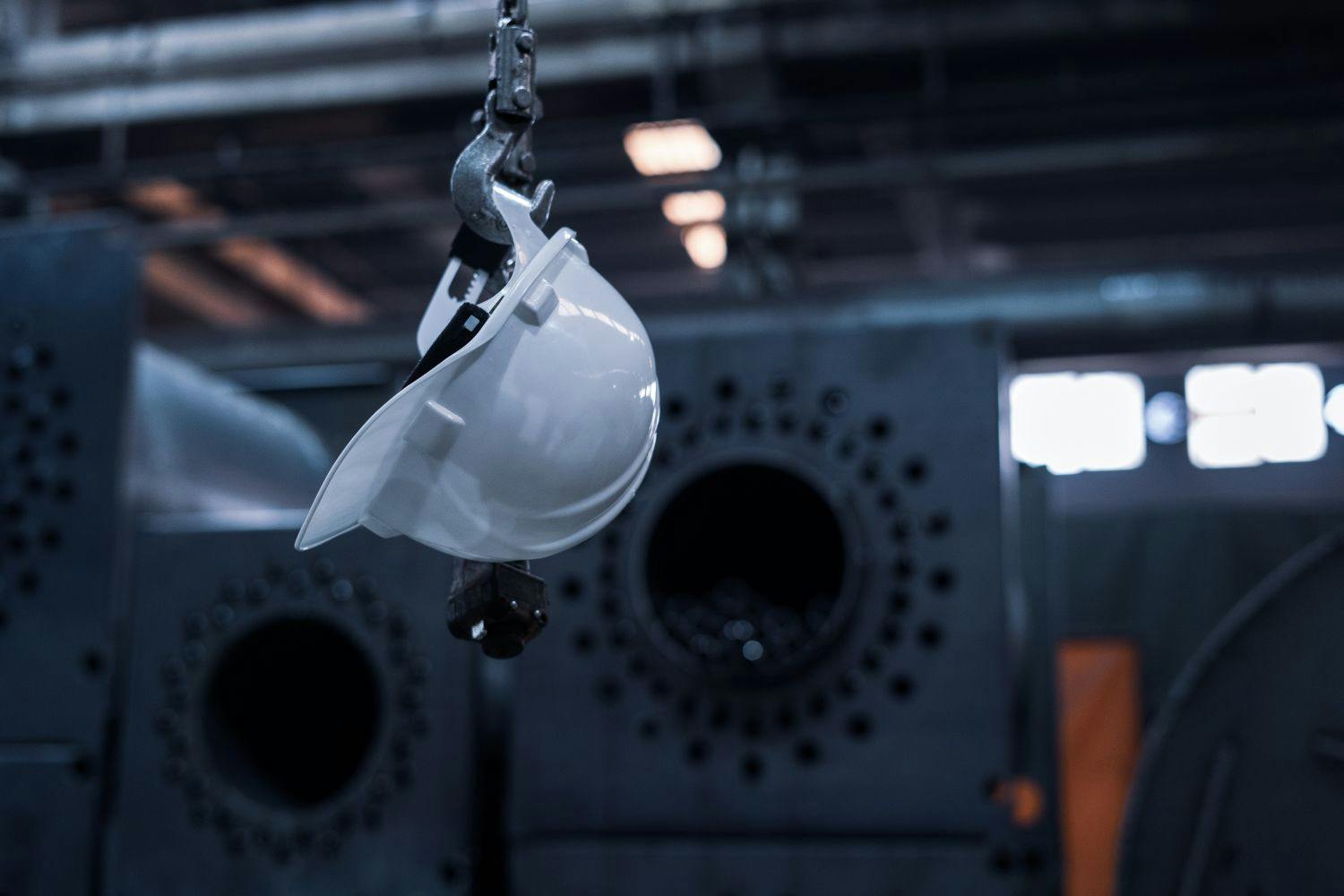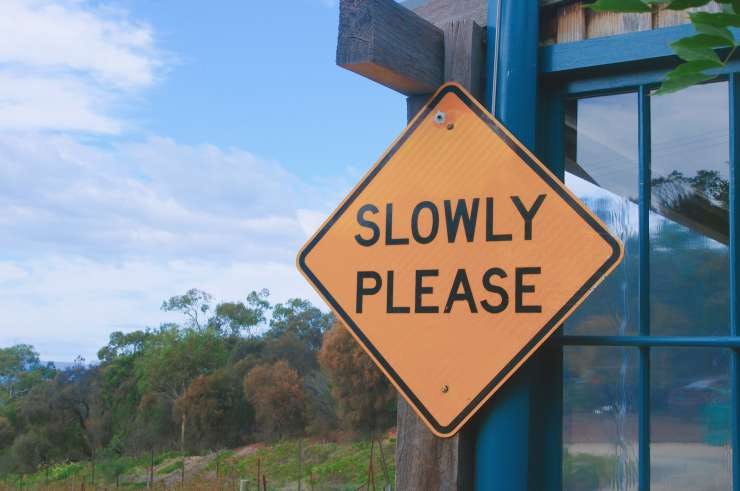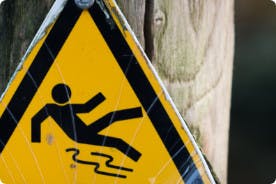First published on Thursday, Feb 17, 2022
Last updated on Monday, Jun 17, 2024
At work, accidents happen. But it's your responsibility to prevent and minimise the risks. You should review workplace safety regularly and remove potential dangers to your employees.
If you don’t comply with health & safety rules, you could face hefty compensation claims and even tribunal hearings.
In this guide, learn what an accident at work is, what causes them, and how to report them to the right authorities.
What is an accident at work?
An accident is an unplanned event that results in an injury or ill health. You may not be able to prevent all accidents, but you can take responsibility to reduce the risks.
Examples of accidents at work include:
Falls from height
Slips, trips, and falls
Mishandled manual handling
Stress-related
Road traffic-related
What causes accidents at work?
Although you may take the correct precautions, accidents can still occur. The first step to consider is what causes them in the first place.
Accidents can be caused by:
Tiredness
Distractions
Employees cutting corners
Untidy work environments
How to prevent accidents at work
To reduce accidents and increase your employee’s safety, you can provide:
Regular refresher health & safety training
Conduct regular risk assessments and see how you can improve the procedure
Health & safety signs throughout the workplace
Personal Protective Equipment (PPE) training
What are the laws on accidents at work?
Employers have a legal duty of care towards their staff. In the UK, legislation that protects the welfare of your employees includes:
The Health and Safety at Work ect Act 1974
Employers need to look after the health & safety of their employees. They also need their employees to comply with the measures put in place for their health & safety at work.
Reporting of Injuries, Diseases and Dangerous Occurrences Regulations (RIDDOR)
Employers, self-employed and people who control the work premises must report certain accidents, diseases, and dangerous occurrences at work to HSE.
If an employee becomes injured or falls ill because of your lack of care, they have the right to compensation if the employer is negligent.
An employee may have to prove negligence to claim accident at work compensation.
Reporting accidents at work
If there is an accident at work, you need to follow the correct process.
You must record certain cases of injuries, illnesses, or incidents to the Health and Safety Executive (HSE) under RIDDOR.
These incidents must fall into the following categories:
Fatal accidents and non-fatal
Work-related diseases
Accidents that result in more than seven days of absence
Gas-related incidents
Writing an accident report
As soon as an accident occurs at work, you should report it. Your report must include the following steps:
Step 1
Respond immediately: your employees should notify as soon as an accident occurs.
Step 2
Locate the facts: you should perform an on-site investigation. You should try and review the following:
Date, time, and location of the incident
Names of witnesses
Events leading up to the accident
Circumstances
Type of treatment needed
Environmental conditions
Step 3
Analyse the accident: you need to find out what caused the accident. This is key to creating a plan of action for control.
Step 4
Create an action plan: you need to implement long-term solutions. This should be useful training, upkeep of equipment and risk assessments.
Can you dismiss an employee after an accident at work?
No, you cannot dismiss an employee because of an accident. If you let an employee, go
this away, you could face unfair dismissal claims.
The accident needs to be dealt with first, making sure you put actions in place to prevent them in the future.
After the accident, you need to see if your employee is okay. Preserving good employee relations is key for your business to improve its efficiency.
Manage accidents at work with BrightHR
All employers need to install an effective plan for accidents in the workplace.
That way, you can implement the correct health & safety procedures to prevent injuries in the future.
If mishandled, you could face serious accidents at work claims or tribunal hearings against you. This could be costly for your business and affect its reputation.
BrightHR can help you manage accidents at work with our end-to-end health & safety software and support.
Don’t hesitate to call us if you need any help with improving your health & safety at work. You can call us on 0800 470 2432.









